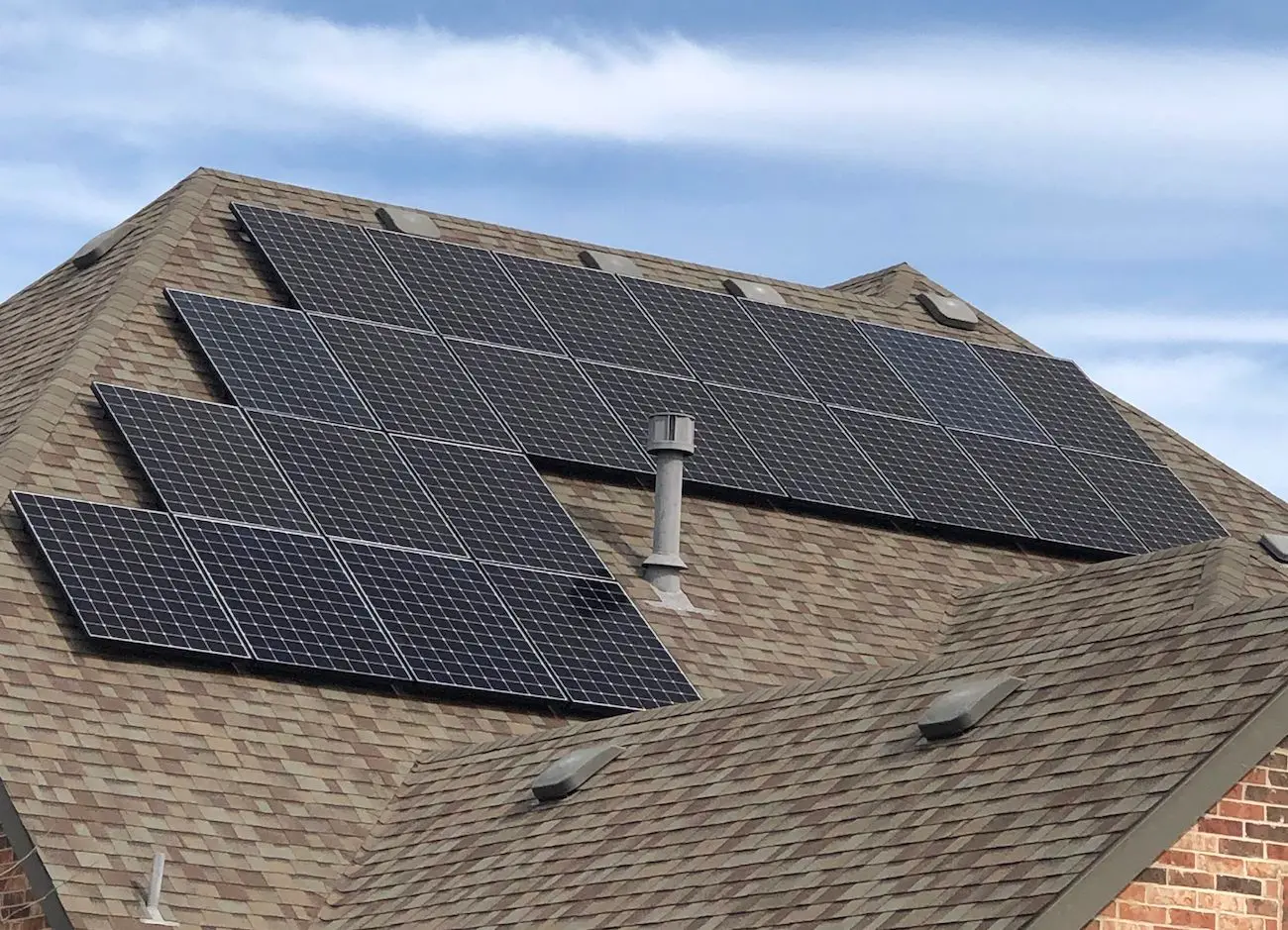Going solar is one of the most important decisions you will ever make. Especially because it comes with quite a (steep) price tag.
Various financing options exist to support your solar venture, with loans and leases standing as two top preferences. Is either superior? Which should you opt for? Let’s find out.
What Is a Solar Loan?
A solar loan facilitates the procurement and setup of solar panels through borrowed funds.
Typically, lenders provide zero-down solar loans, encompassing a variety of payment frameworks, interest rates, and tenure lengths.
More often than not, the loan’s monthly installments prove to be less than the previous electric bill amounts before the solar setup.
The appeal of solar loans lies in their enablement for homeowners to acquire a solar system, even without the immediate funds for a cash transaction.
This means that post-loan settlement, homeowners gain full ownership of the rooftop solar panels.
Nonetheless, a noteworthy point is the general lender prerequisite of a favorable credit score for solar loan approval.
What Is a Solar Lease?
The mechanics of a solar lease resemble that of a car lease, where homeowners do not own the solar panels but instead remit a monthly lease payment to a solar installer.
In exchange for the lease payments, homeowners utilize the energy generated by the solar panels to power their residences, leading to reduced electric bills as the cost of power is lower compared to the conventional utility rate.
Typical lease durations range between 20 to 25 years, with the lease payment usually being lower than the pre-solar installation electric bill amounts.
The lease agreement often encompasses a price escalator clause, detailing the annual increment in monthly payments.
Post-lease term, homeowners have the discretion to either purchase the solar panels at a reduced price, extend the lease, or have the solar panels removed.
Parallel to solar leases are Solar Power Purchase Agreements (PPAs), which exempt homeowners from any upfront payment for solar panel installation.
Solar Loan vs. Solar Lease: Which Is Better?
Solar loans versus solar leases present different benefits and trade-offs for homeowners installing solar systems.
Solar loans, though requiring a good credit score, lead to ownership and potentially more long-term savings as once the loan is paid off, free electricity continues to offset utility bills.
On the contrary, solar leases offer immediate savings with lower or no upfront costs, but lock homeowners into long-term monthly payments, often with price escalators, and cease savings once the lease term ends since there’s no system ownership.
While both options reduce electricity bills, solar loans allow homeowners to capitalize on solar incentives and tax credits like the federal investment tax credit and Solar Renewable Energy Credits, which go to the leasing company in a solar lease arrangement.
Maintenance responsibility lies with the homeowner in solar loans but with the leasing company in solar leases.
Selling a home can be easier and more profitable with solar loans as they increase property value, whereas solar leases may pose transfer challenges or necessitate lease buyouts.
The type of solar loan (secured vs unsecured) may also impact the ease of selling the home and handling the loan payoff.
Ultimately, solar loans appear to offer more financial benefits and flexibility, especially in the long term and in the context of property resale.
When Should You Choose Solar Lease?
In most cases, opting for a solar loan outweighs the benefits of engaging in a solar lease.
The primary allure of solar loans is the prospect of significantly amplified savings throughout the solar system’s lifespan.
Moreover, homeowners can capitalize on solar incentives, which would be inaccessible with a solar lease.
Despite the merits of loans over leases, certain scenarios might render a solar lease the more fitting choice for solar adoption.
A solar lease might be the right choice for you if:
- You don’t qualify for the federal solar tax credit.
- You don’t qualify for SRECs.
- You don’t meet the criteria for a solar loan.








